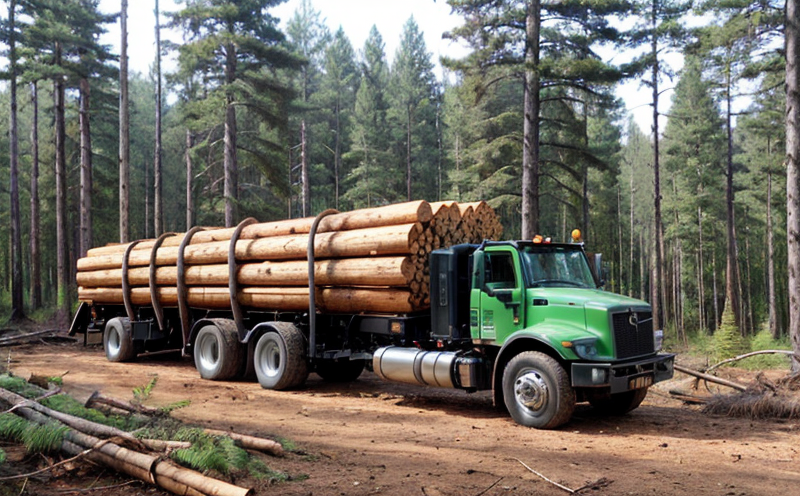Timber Decay Resistance Testing (Fungal Attack)
In the realm of forestry products testing, timber decay resistance testing is a critical process that ensures the durability and longevity of wood materials used in construction. Timber subjected to fungal attack can lose its structural integrity over time, leading to significant economic losses and safety concerns. This service involves assessing how well different types of wood resist decay caused by fungi. Understanding this characteristic helps manufacturers develop products that meet stringent quality standards, ensuring they perform reliably under various environmental conditions.
The process begins with selecting appropriate specimens representative of the intended product type. These samples are then exposed to controlled fungal growth environments designed to simulate real-world scenarios where wood might encounter dampness and warmth—ideal conditions for fungal proliferation. Various fungi species relevant to local climates or specific application areas are used during these tests.
During exposure periods which can range from weeks up to several months depending on the desired confidence level, rigorous monitoring takes place. This includes periodic inspections of sample integrity as well as microbial counts and weight changes due to fungal growth. Upon completion of the test period, detailed analysis is conducted to determine the extent of decay present in each specimen.
The results provide valuable insights into which wood species or treatments offer superior resistance against fungal attack. For instance, certain preservatives or surface coatings may enhance natural durability properties making them more suitable for outdoor use or humid environments where moisture retention remains a challenge.
Quality managers and compliance officers rely heavily on accurate timber decay resistance testing to ensure their products comply with international standards such as those set forth by ISO 6722:1984. By incorporating this service into their R&D processes, companies can innovate safer, more sustainable solutions tailored specifically towards protecting valuable resources.
- Customer Impact and Satisfaction:
- Customers gain assurance that timber products they purchase are durable and reliable over extended periods.
- Companies see improved brand reputation resulting from consistent product quality.
- There's reduced risk of warranty claims or product recalls associated with premature failure.
Eurolab Advantages
At Eurolab, we pride ourselves on delivering unparalleled expertise in forestry products testing services. Our state-of-the-art facilities equipped with advanced instrumentation allow us to conduct thorough and precise timber decay resistance tests according to recognized international standards like ISO 6722:1984.
- Comprehensive Testing Capabilities:
- We offer a wide range of tests tailored specifically for various wood types, ensuring comprehensive coverage.
- Our skilled technicians have extensive experience in interpreting results accurately and providing actionable recommendations.
Frequently Asked Questions
International Acceptance and Recognition
The importance of timber decay resistance testing cannot be overstated when considering global standards. Many countries adhere to ISO 6722:1984 which sets forth guidelines for assessing the durability of wood exposed to fungal attack. Adherence to such standards not only ensures consistent quality across borders but also facilitates smoother international trade.
- Customer Impact and Satisfaction:
- Customers benefit from products that are guaranteed to perform well under diverse climatic conditions.
- Companies experience enhanced customer satisfaction due to reliable performance of their wood-based products.





